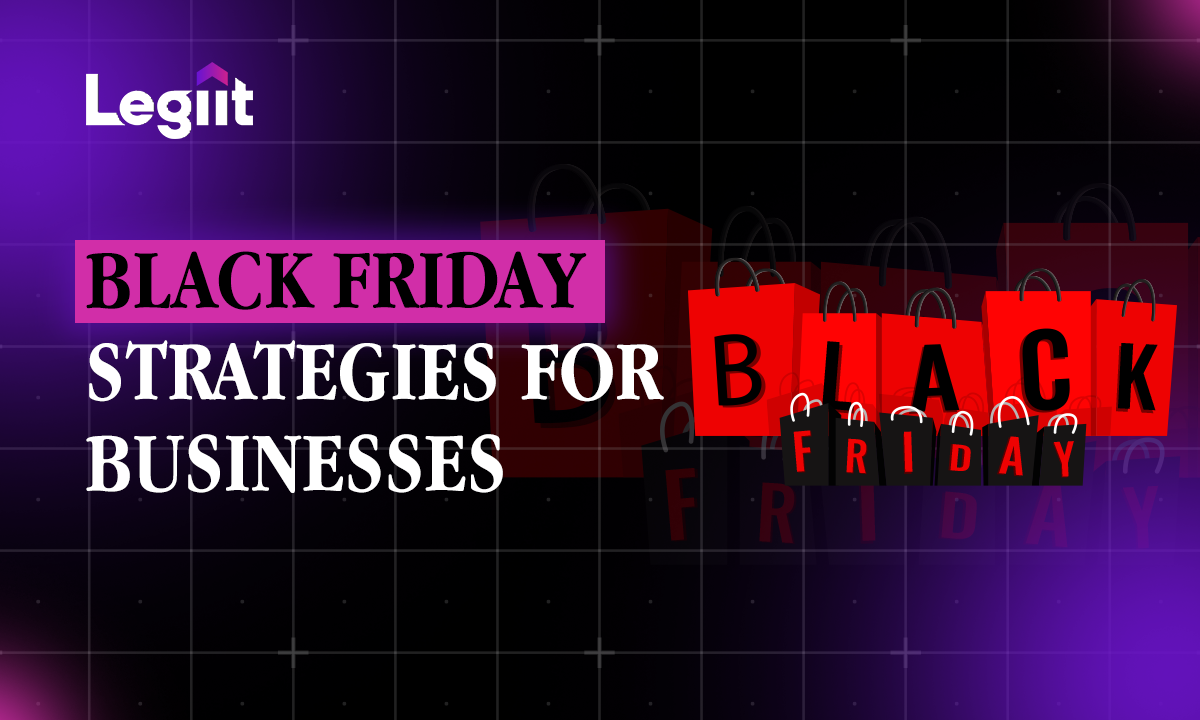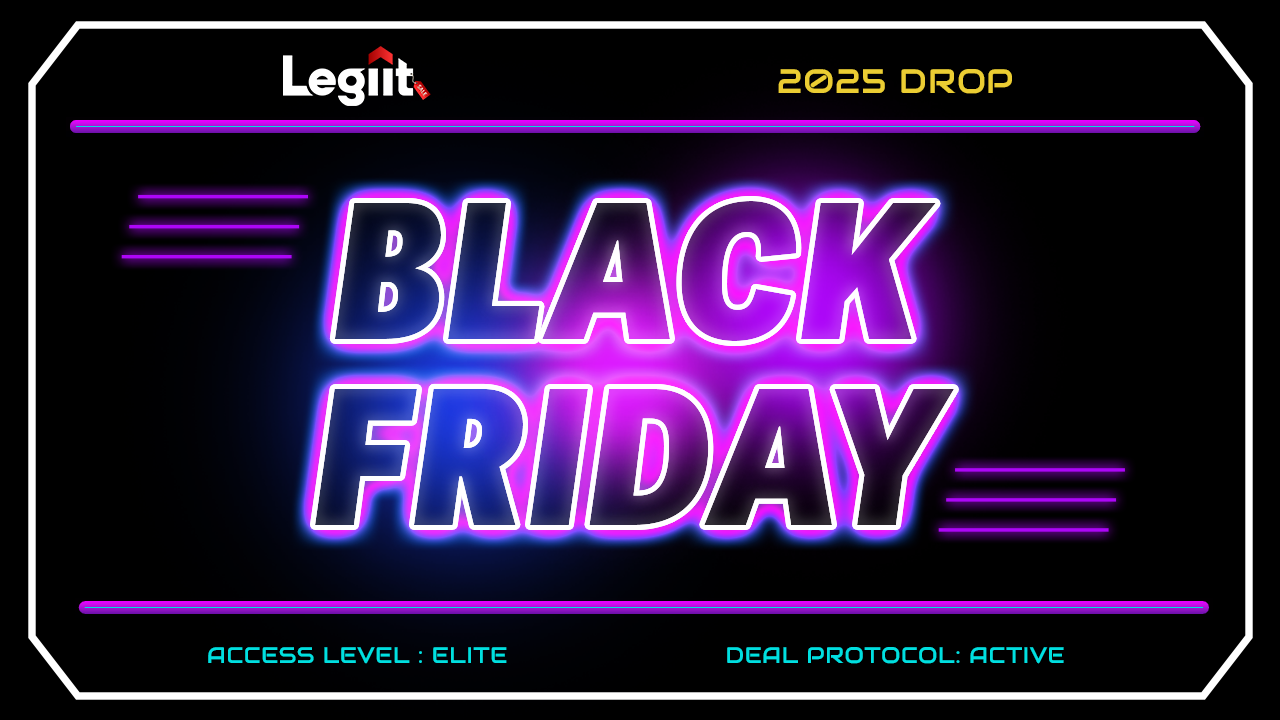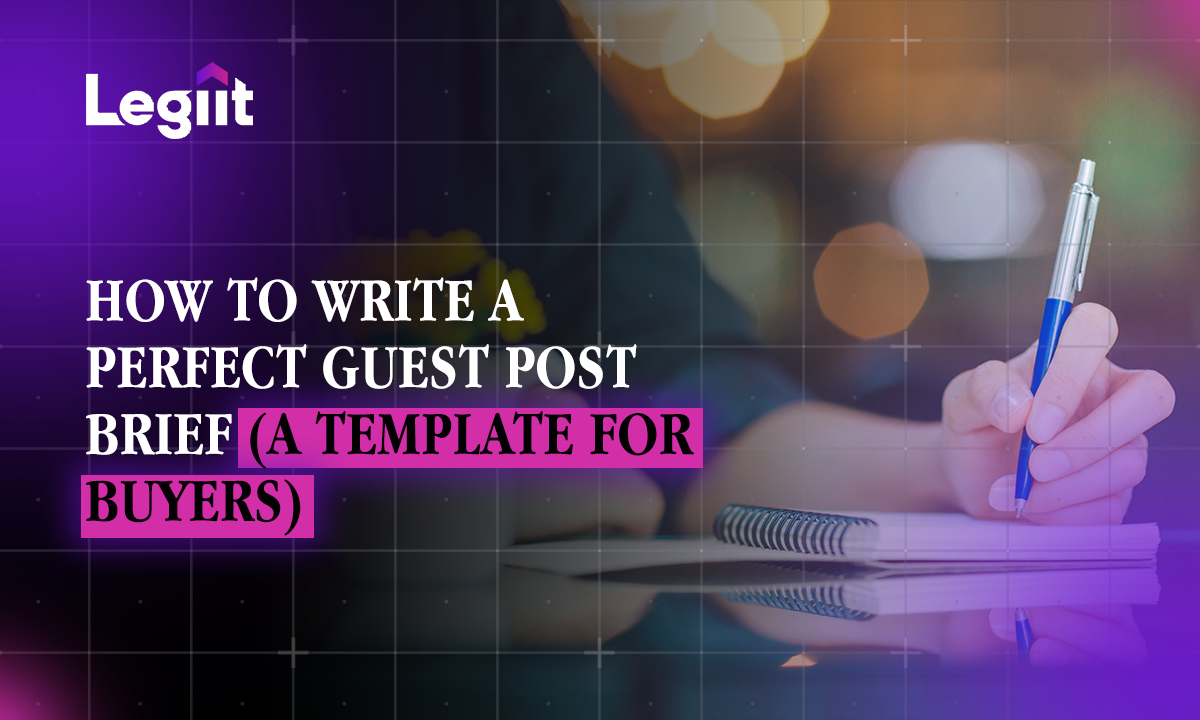Here's the truth about Black Friday: Most businesses screw it up.
They panic, slash prices without thinking, and wonder why their profit margins look like a crime scene by December. I've watched this happen year after year. Smart businesses? They treat Black Friday like what it really is: a strategic opportunity to grow their customer base while everyone else is racing to the bottom.
Let me show you what actually works. Not theory. Not what some marketing blog told you. Real strategies that move the needle.
Start Planning in September (Not November)
Everyone thinks Black Friday planning starts when the Halloween decorations come down. Wrong.
September is when you need to lock in your strategy. Why? Because that's when you have time to test, adjust, and actually prepare your team. By November, you're just reacting.
Here's what September planning looks like. First, you analyze last year's data. What sold? What didn't? What were your actual profit margins after all the dust settled? Most business owners skip this part because it's not sexy. But this data tells you exactly where to focus.
Next, you identify your hero products. These aren't necessarily your biggest sellers. They're the products that bring in customers who stick around. Maybe it's that entry-level service that converts to long-term contracts. Or the product that gets people into your ecosystem. Find these. Build your entire Black Friday around them.
Then you prep your inventory and team. Nothing kills momentum like running out of stock or having customer service implode. I've seen businesses lose thousands because they couldn't handle the volume they created. Plan for 3x your expected traffic. Better to over-prepare than watch sales walk away.
Pricing Psychology Beats Deep Discounts
Everyone thinks Black Friday means 50% off everything. That's amateur hour.
The businesses making real money? They understand pricing psychology. A 30% discount with smart bundling beats a 50% discount every time. Here's why.
People don't actually want the cheapest option. They want to feel like they're getting a deal. Big difference. Bundle your products in ways that increase average order value while making customers feel like they won. Add bonuses instead of cutting prices. Include future purchase credits. Create packages that make sense together.
I watched a freelancer friend triple their Black Friday revenue by bundling services instead of discounting individual offerings. Same profit margin. Three times the revenue. That's the power of understanding what people actually want versus what they say they want.
The psychology goes deeper. Create urgency that's real, not manufactured. Limited quantities work better than limited time. "Only 50 spots available" beats "Sale ends Sunday" because people can verify scarcity. They can't verify your deadline is real.
Early bird offers crush it too. Give your best customers first access 24-48 hours before everyone else. They'll buy more, feel special, and you'll have sales momentum before the masses show up. Plus, nothing sells products like seeing "40% already claimed" when the public sale starts.
Email Marketing (Your Secret Black Friday Weapon)
Your email list is where the real money happens on Black Friday. Not ads. Not social media. Email.
But here's what everyone gets wrong: they blast the same "SALE SALE SALE" message to everyone. Your list isn't one audience. It's multiple segments with different needs, budgets, and buying patterns.
Segment hard. Previous customers get different offers than prospects. Big spenders see premium packages. Price-sensitive buyers get entry offers. New subscribers get education before offers. This isn't complicated. Most email platforms do this automatically if you set it up right.
Start warming up your list in early November. Don't just show up on Black Friday screaming about discounts. Share value first. Educate about the problems your products solve. Build anticipation. By the time Black Friday hits, they're ready to buy, not wondering who you are.
The sequence matters too. Send a teaser email the week before. Launch email goes out early Black Friday morning. Reminder in the afternoon. Last chance on Saturday. Final call Sunday night. Each email has a different angle, different urgency. Never the same message twice.
Optimize Your Website for Conversion
Your website will make or break your Black Friday. Period.
Most businesses focus on traffic and ignore conversion. That's backwards. I'd rather have 100 visitors who convert at 10% than 1,000 who convert at 0.5%. The math isn't complicated.
First thing: speed. If your site takes more than 3 seconds to load, you're losing money. Every second of delay costs you conversions. Test your site under load. Use a CDN. Optimize images. Remove unnecessary plugins. This isn't optional.
Next: simplify your checkout. Every extra step loses customers. Guest checkout is mandatory. One-page checkout if possible. Clear pricing. No surprise fees. Make it so easy that people can buy half-asleep at 2 AM. Because some will.
Your homepage needs to scream Black Friday without being obnoxious. Clear banner. Obvious call-to-action. Featured deals above the fold. Don't make people hunt for your offers. They won't. They'll go to your competitor who made it obvious.
Mobile optimization isn't a nice-to-have anymore. Over 60% of Black Friday shopping happens on phones. If your mobile experience sucks, you're literally throwing away money. Test everything on mobile. Then test it again.
Smart Inventory Management
Nothing hurts more than selling out of your best products on Black Friday morning. Except maybe sitting on inventory you can't move in January.
You need to nail your inventory strategy. Start with historical data. What's your normal November-December volume? Add 40-50% for Black Friday bump. But here's the trick: don't order everything at once.
Use a tiered approach. Order 60% of projected inventory upfront. Have agreements with suppliers for rapid reorder. This way you're covered if demand explodes, but not stuck if it doesn't. Cash flow stays healthy. Risk stays manageable.
Digital products and services? You've got an advantage. No inventory constraints. But you still need capacity planning. Can your servers handle the load? Can your team handle the fulfillment? Don't promise what you can't deliver.
Create artificial scarcity when it makes sense. "Only 100 units at this price" works even for digital products. People understand you're managing demand, not lying about availability. Just be transparent about it.
Track Everything That Matters
Most businesses track revenue and call it a day. That's like driving with one eye closed.
You need to track customer acquisition cost during Black Friday. Sure, you made sales, but did you make money? Factor in your ad spend, discounts, extra staffing, everything. The real number might surprise you.
Track lifetime value of Black Friday customers versus regular customers. Often, deep discount customers never buy again. If that's happening, you're buying customers, not building a business. Adjust your strategy accordingly.
Monitor cart abandonment rates. They'll spike during Black Friday. That's normal. But understand why. Is it price? Shipping costs? Technical issues? Each reason has a different solution. Fix what's broken, test what's working.
Look at average order value trends. Are bundles working? Are upsells converting? Are people buying multiple items or just cherry-picking loss leaders? This data shapes next year's strategy.
Don't forget about customer service metrics. Response times. Resolution rates. Customer satisfaction. Black Friday customers remember bad experiences. One bad interaction can cost you years of potential revenue.
Post-Black Friday Strategy
Black Friday isn't the finish line. It's the starting gun.
Smart businesses have a plan for Black Friday customers after the sale. Welcome series for new customers. Thank you campaigns for existing ones. Follow-up offers for abandoned carts. The relationship is just beginning.
Cyber Monday isn't an afterthought. It's act two. Different offers. Different products. Maybe focus on services instead of products. Or exclusive bundles for email subscribers. Don't just extend the same sale. Create something new.
The real opportunity? All those new customers you just acquired. Get them engaged immediately. Send tips for using their purchase. Ask for feedback. Offer complementary products. Build the relationship while they're still excited about their purchase.
Frequently Asked Questions
When should I announce my Black Friday deals?
Start teasing 2 weeks out. Full announcement 3-5 days before. Early access for VIP customers 24-48 hours before public launch. This builds anticipation without exhausting your audience.
Should I offer the same discount on everything?
No. Tier your discounts based on margin and strategic value. Loss leaders at 40-50% off. Premium products at 20-25%. Services at 30%. Mix it up to maintain margins while creating perceived value.
How do I compete with bigger companies' Black Friday deals?
You don't. Compete on value, not price. Better bundles. Superior service. Exclusive bonuses. Personalization. Things big companies can't or won't do. Play your game, not theirs.
What if I can't afford to discount heavily?
Don't. Add value instead. Free shipping. Extended warranties. Bonus products. Future purchase credits. Payment plans. There are dozens of ways to create offers without slashing prices.
Should I hire extra help for Black Friday?
Yes, if you expect more than 50% increase in volume. Customer service, fulfillment, technical support. Better to have extra help sitting idle than losing sales to poor service. Consider freelancers for temporary surge capacity.
Black Friday isn't about racing to the bottom on price. It's about strategic customer acquisition and revenue generation. Plan smart, execute well, and use the momentum to build your business beyond November. The businesses that win Black Friday are playing the long game, not just chasing quick cash.












 Download
Download